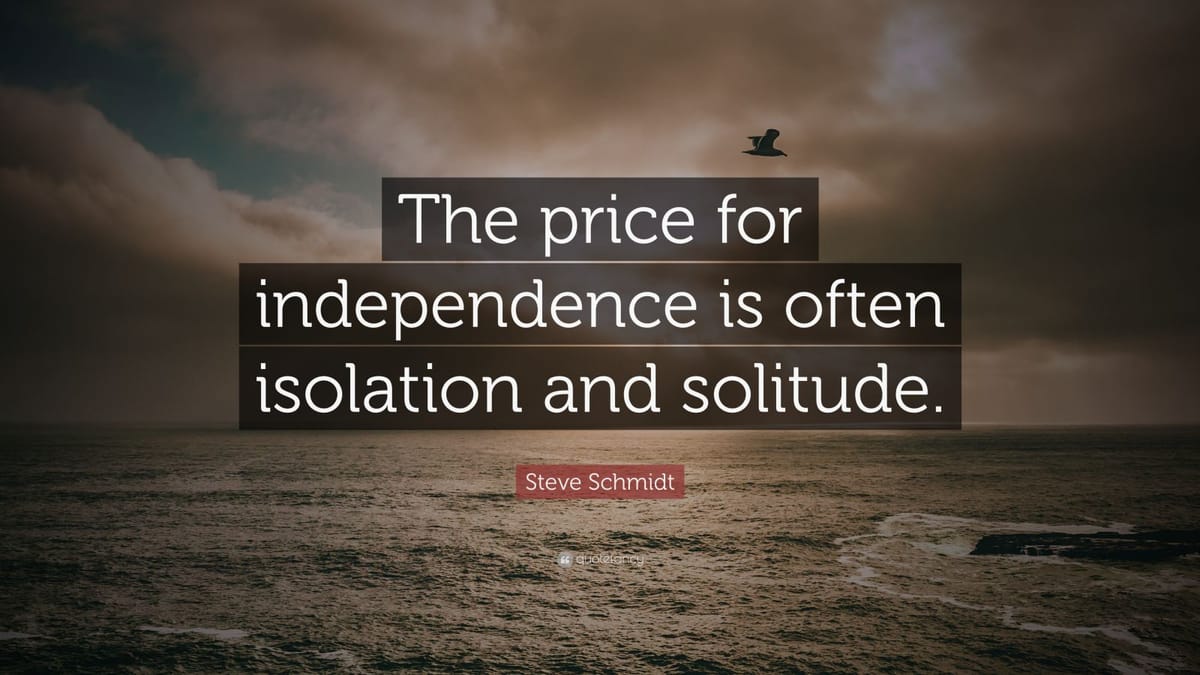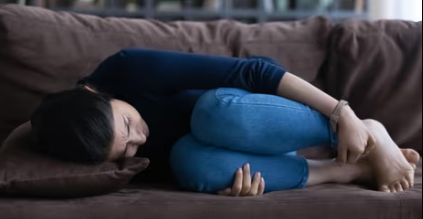The Price of Freedom Is Often Isolation

People romanticize freedom, but they rarely talk about how lonely it can be.
When you break away from tradition, family, or the roles society assigns you, you don’t just gain independence — you lose people. Friends become distant. Relatives go silent. Your name is spoken in whispers or not at all. You become “difficult,” “controversial,” “rebellious.”
And eventually, you become alone.
Most people don’t want to hear uncomfortable truths. They prefer agreement. They prefer politeness. They want peace, not confrontation — even if that peace is built on lies. So when someone refuses to play along, it unsettles them. It exposes their compromises.
A free woman, especially one who speaks her mind, is rarely welcome at the dinner table.
She is too loud, too opinionated, too intense. She makes others feel judged even when she says nothing. Her very existence is a reminder of the courage they don’t have.
This is the hidden cost of freedom — the isolation that follows when you refuse to shrink yourself.
But loneliness is not failure. It’s proof you haven’t sold yourself to please others. It means you’ve chosen truth over comfort. And while the path is quiet, it is not empty.
Because in that silence, there is something rare:
Self-respect.
Peace of mind.
And the knowledge that your life is truly your own.
Freedom may be lonely — but submission is worse.


